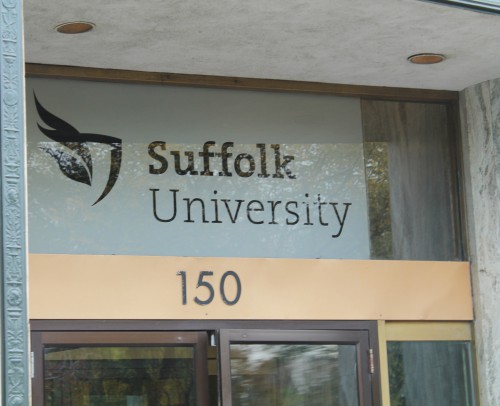Mayor calls for more college housing
October 22, 2014
Mayor Martin J. Walsh plans to halve the number of college students living in off-campus apartments by adding approximately 18,500 new dorm beds by the year 2030, according to a statement.
The initiative is part of a new proposal to build 53,000 new housing units in Boston to combat the rising city population, and follows The Boston Globe’s three-part series, Shadow Campus, which exposed the detrimental, and sometimes deadly, conditions students in the city were living in.
Suffolk University’s students largely commute or live in off-campus apartments. To fit in with Walsh’s initiative, the university would have to create more dormitories.

Sophomore Nicolas Passaro, an off-campus student, said housing more students on campus “would be good for commuter students who live far away. They would have an opportunity to stay on campus.”
The proposal, released by Walsh’s office, revealed that of the 136,000 students enrolled at four-year universities in Boston, approximately 36,300 lived in off-campus neighborhoods. It is estimated that the new dorms would open up about 5,000 housing units for Boston residents, according to the report.
Creating more on-campus housing options is an appealing proposal to some Suffolk students, who sometimes tend to move off-campus due to lack of certainty that they will get a room in the three residence halls.
Junior Erin Cronan, who currently lives in an off-campus apartment, said she would have remained on campus had she had more of a choice.
“I would have stayed for the convenience of being close to school, but we’re not guaranteed, so I didn’t really try,” Cronan said.
John Nucci, a spokesman for Suffolk, told The Boston Globe that the university currently houses 21 percent of its undergraduates. On-campus housing is guaranteed only for first-year students, essentially forcing the majority to eventually find living arrangements in nearby off-campus neighborhoods.
Though moving off-campus does have its benefits, such as increased independence and potentially cheaper living arrangements, the consensus among Suffolk students seems to be that this proposal would ultimately be advantageous for our university.
Sophomore Zachary Darsch, a resident of Suffolk’s 10 West residence hall, explained the double-edged sword of Suffolk’s housing situation.
“[Living off-campus] prepares us for the real world,” he said, “but if I had a choice I would choose to live on campus all four years.”
Off-campus students are all too familiar with the “real world” scenario that the lack of dorms creates.
Sophomore Nicolas Passaro has never lived in Suffolk’s residence halls, and said he gained independence from it.
“Living off-campus is beneficial to students because it teaches them how they would manage their money,” he said. “When you’re on-campus you don’t have to worry about those expenses.”
Despite the invaluable experience living off-campus can provide, the addition of more dorm beds to Suffolk seems to be something that would interest off-campus students. “If the dorms would be built, I would come live on campus,” Passaro said.
Walsh’s initiative seems to be one that some Suffolk students are wholly interested in. There are still others, however, who would choose to live on their own.
“I know it will be hard finding an apartment in my price range in the city, so with more options in the future it might be easier for other college students,” Parsch said.






